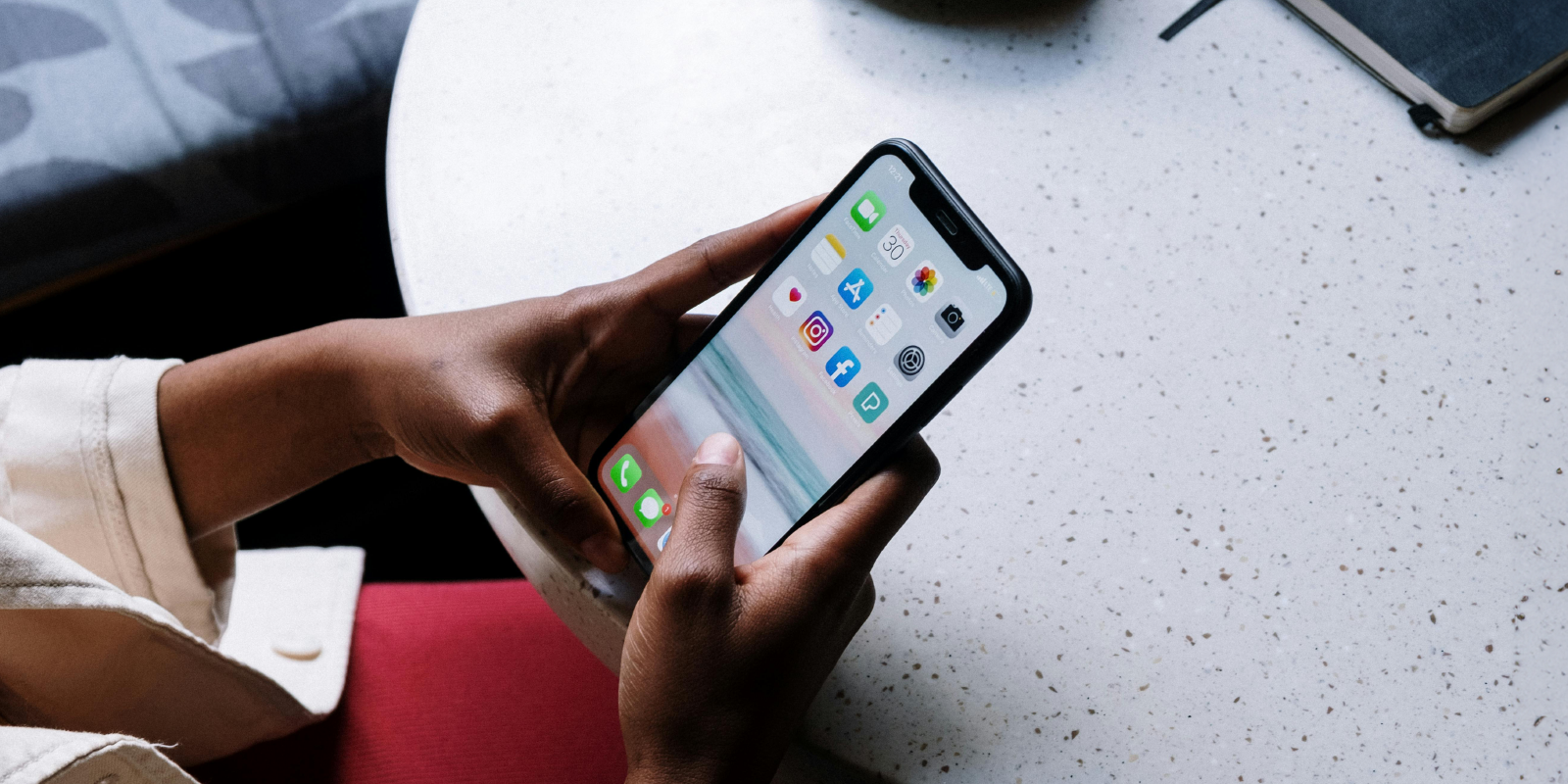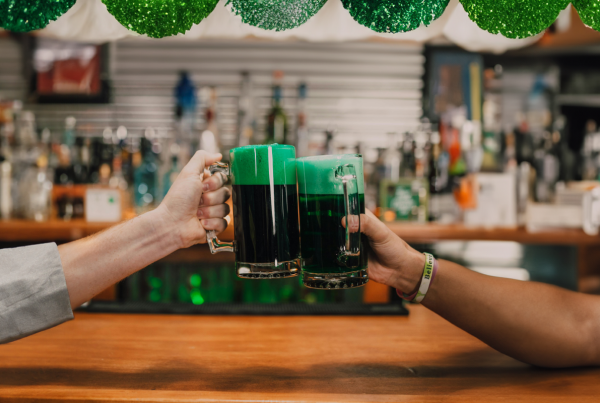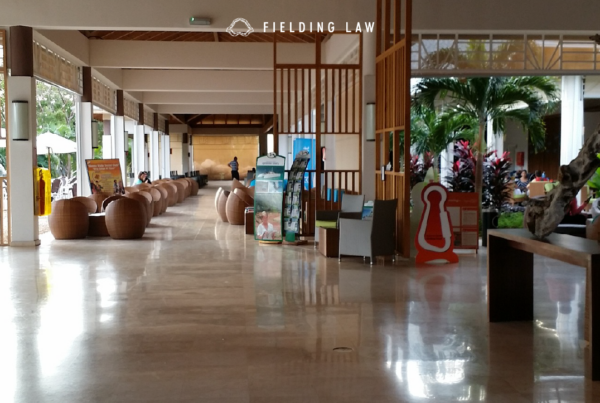In today’s digital age, social media is a prevalent aspect of our lives, offering a platform to share our experiences, thoughts, and even challenges. However, after an injury, what you post on social media platforms like Facebook, Instagram, X (formerly Twitter), Threads, TikTok, and Linkedin can potentially affect your legal case. Navigating the delicate balance of staying connected with your online community while safeguarding your personal injury case requires careful consideration. Let us delve into the dos and don’ts to ensure your social media activity supports, rather than undermines, your legal journey.
Dos:
- Consult with Your Attorney: Before posting pictures of the accident scene, consult with your personal injury attorney. They can provide guidance on whether it is advisable and how it may impact your case.
- Limit Accident Scene Details: If you choose to share pictures, limit the details to those that are relevant to your case. Avoid sharing unnecessary or potentially damaging information.
- Update Loved Ones Privately: If you want to reassure friends and family about your well-being, consider sending private messages or making personal calls instead of posting a public update.
- Coordinate with Legal Strategy: Ensure that any posts align with your legal strategy and the information you have shared with your attorney. Consistency in messaging is crucial.
- Express Gratitude for Support: If you receive well-wishes or support on social media, consider expressing gratitude in a general and positive manner without divulging too much detail.
- Consider Temporarily Deactivating: In the aftermath, consider temporarily deactivating your social media accounts to prevent unintended consequences.
Don’ts:
- Discuss Fault or Blame: Avoid making statements about fault or blame in the accident. Such statements can be used against you during legal proceedings.
- Downplay Injuries: Refrain from downplaying injuries, even if you feel fine. Injuries may manifest later, and statements suggesting otherwise could be used against you.
- Provide Detailed Medical Updates: Avoid sharing detailed medical updates, treatments, or specifics about your health. Keep this information private and discuss it with your healthcare providers and attorney.
- Accepting Blame: Never accept blame or admit fault for the accident on social media. This can have serious implications for your personal injury case.
- Exaggerate Injuries: While downplaying injuries is not advisable, exaggerating them can also be detrimental. Stick to factual information and discuss the severity with your healthcare providers.
- Don’t Accept New Friend Requests: Be cautious about accepting new friend requests or follower requests during this sensitive time. You never know who might be watching.
Why Choose Fielding Law for Your Legal Journey?
 Navigating the aftermath of an injury requires more than just legal expertise; it demands compassion and a personalized approach. At Fielding Law, our empathetic team combines caring support with unwavering legal capability. We prioritize your unique needs, ensuring you receive the guidance and advocacy necessary for a successful legal journey. With Fielding Law, you are not just a case; you are a valued individual deserving of personalized attention. Contact us at 833.88.SHARK and experience the Fielding Law difference.
Navigating the aftermath of an injury requires more than just legal expertise; it demands compassion and a personalized approach. At Fielding Law, our empathetic team combines caring support with unwavering legal capability. We prioritize your unique needs, ensuring you receive the guidance and advocacy necessary for a successful legal journey. With Fielding Law, you are not just a case; you are a valued individual deserving of personalized attention. Contact us at 833.88.SHARK and experience the Fielding Law difference.
Remember, the impact of social media on personal injury cases is significant. It is crucial to approach your online presence with caution and consider the potential consequences.
Note: Information provided is for educational purposes and does not constitute legal advice. Always consult with a qualified attorney for legal concerns.






